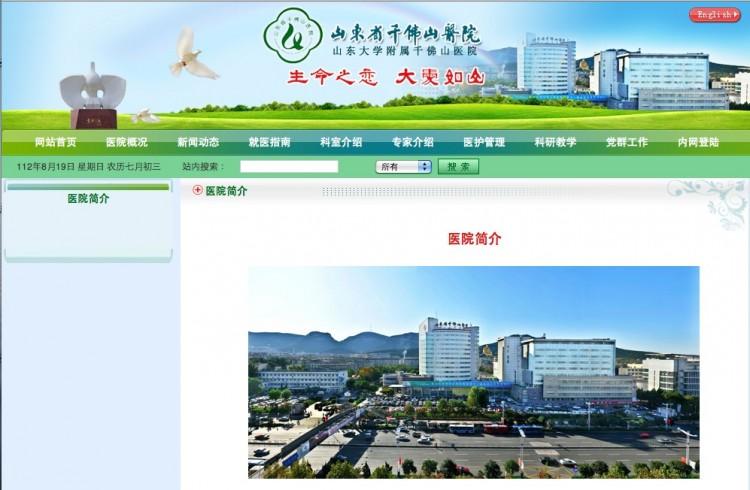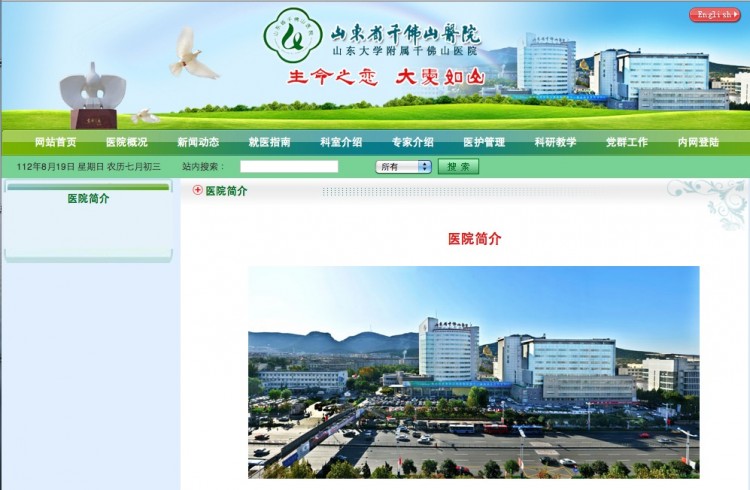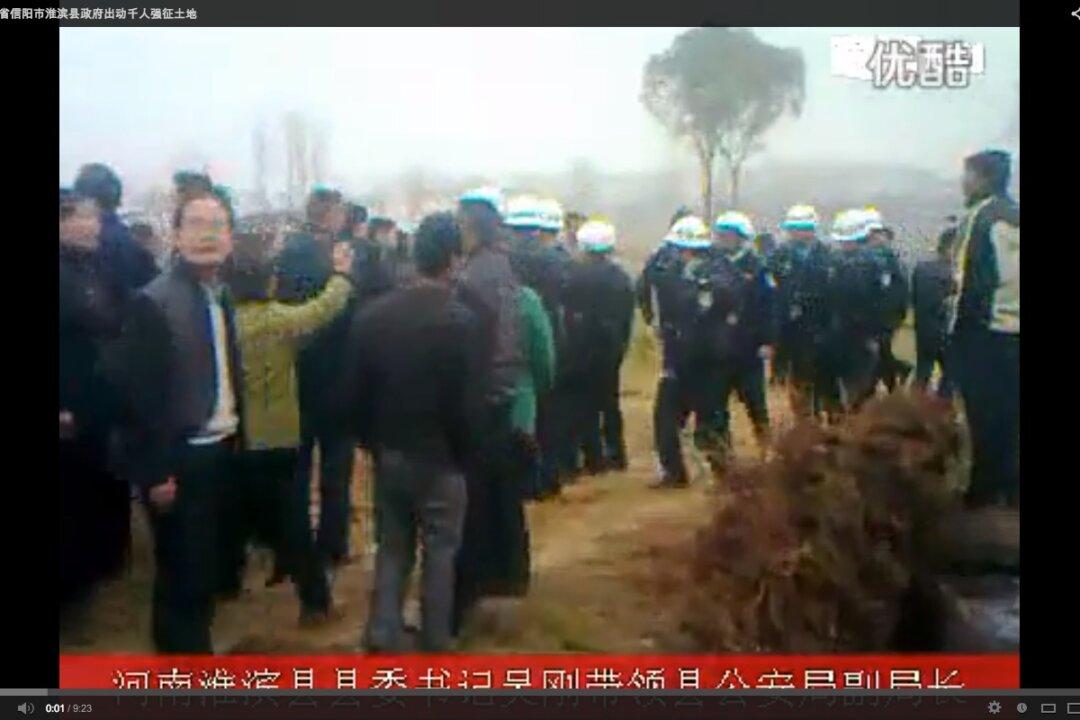Two hospitals in Jinan City, the capital of Shandong Province, are heavily involved in killing and extracting organs from prisoners, including Falun Gong prisoners of conscience, according to allegations recently made by a source familiar with the matter to The Epoch Times.
The two hospitals are the Shandong Provincial Qianfoshan Hospital, and Shandong Police Hospital. A senior medical worker who has been employed in the medical system in Jinan for over 20 years told The Epoch Times that many cases of live organ transplantations conducted in the province over the last decade came from collaboration between the two hospitals, and the Shandong Provincial Prison and the Shandong Provincial Women’s Prison.
The units work closely together, dividing the work of finding organ donors from the labor camp and prison population, removing the involuntary donor’s organs (generally while they are alive and as they die, the source indicated), and performing an organ transplantation; there are also clear policies for profit-splitting, the source said.
On Aug. 12, 2003, Shandong Provincial Qianfoshan Hospital and the Oriental Organ Transplant Center (OOTC) of Tianjin First Center Hospital together founded the OOTC Liver Transplant Center in Shandong, according to a Chinese health information directory which recorded a profile of the hospitals.
OOTC has had previous, established involvement in extracting the organs from live Falun Gong detainees, according to an August 2008 report by the the World Organization to Investigate the Persecution of Falun Gong (WOIPFG), a research group that studies the topic.
WOIPFG made an undercover investigation of the hospital in order to elicit information about their use of Falun Gong organs. A staff member, when asked if they could supply such organs, said “ You just need to come,” and when pressed, added: “Well, let me tell you, you just come over … er … we will surely get more of this type in April and the number of those suppliers is gradually increasing now.” In the context of the question, “this type” meant the Falun Gong type of organ source.
The website for the center was shut down after WOIPFG published online a transcript of the above discussion.
The Center later combined with a People’s Armed Police Liver Transplant Research Institute, to form the People’s Armed Police Organ Transplantation Research Institute according to a Beijing Daily report in May 2012.
The Qianfoshan Hospital shoulders clinical teaching loads from many medical schools, including Shandong University of Traditional Chinese Medicine, and Weifang Medical University, according to the insider. Many surgeries in clinical teaching are not documented, so the names of the doctors who performed the surgeries and other relevant information are not traceable.
The Shandong Police Hospital has two buildings inside the company, the source said. The outside building is open to the general public and the police. The inside building is located behind two iron doors, and locked within are detainees from prisons, forced labor camps, and elsewhere. The facility in effect operates as a prison, with medical facilities for taking organs, the insider said.
When The Epoch Times contacted the hospital a spokesperson with all of the above allegations, no staff member was available to respond.
The Shandong Police Hospital is reported to have played an active role in the persecution of Falun Gong, according to reports on the Falun Gong website Minghui.org. A number of adherents have almost died in the hospital’s prison section due to torture or other mistreatment, according to Minghui.org.
Previous exclusive interviews given by inside sources have provided cultural and social background necessary for understanding how hospitals and doctors can be used to extract the organs from prisoners of conscience on a systematic and organized basis.
In March of 2006 a witness, a senior military doctor who could not be identified because of the sensitive nature of the information he was disclosing, said that “In many kinds of business, human bodies, dead and alive, are expensive industrial resources and raw materials. The Chinese central government agreed to treat Falun Gong practitioners as enemies. The practitioners can be dealt with by all means that fit the needs of economic development.”
He added: “In other words, Falun Gong practitioners, like many felons, are not human anymore. They are raw materials to be made into commercial products.”
Editor’s Note: When Chongqing’s former top cop, Wang Lijun, fled for his life to the U.S. Consulate in Chengdu on Feb. 6, he set in motion a political storm that has not subsided. The battle behind the scenes turns on what stance officials take toward the persecution of Falun Gong. The faction with bloody hands—the officials former CCP head Jiang Zemin promoted in order to carry out the persecution—is seeking to avoid accountability for their crimes and to continue the campaign. Other officials are refusing any longer to participate in the persecution. Events present a clear choice to the officials and citizens of China, as well as people around the world: either support or oppose the persecution of Falun Gong. History will record the choice each person makes.
Read the original Chinese article.
The Epoch Times publishes in 35 countries and in 19 languages. Subscribe to our e-newsletter.
Click www.ept.ms/ccp-crisis to read about the most recent developments in the ongoing crisis within the Chinese communist regime. In this special topic, we provide readers with the necessary context to understand the situation. Get the RSS feed. Get the new interactive Timeline of Events. Who are the Major Players? ![]()






